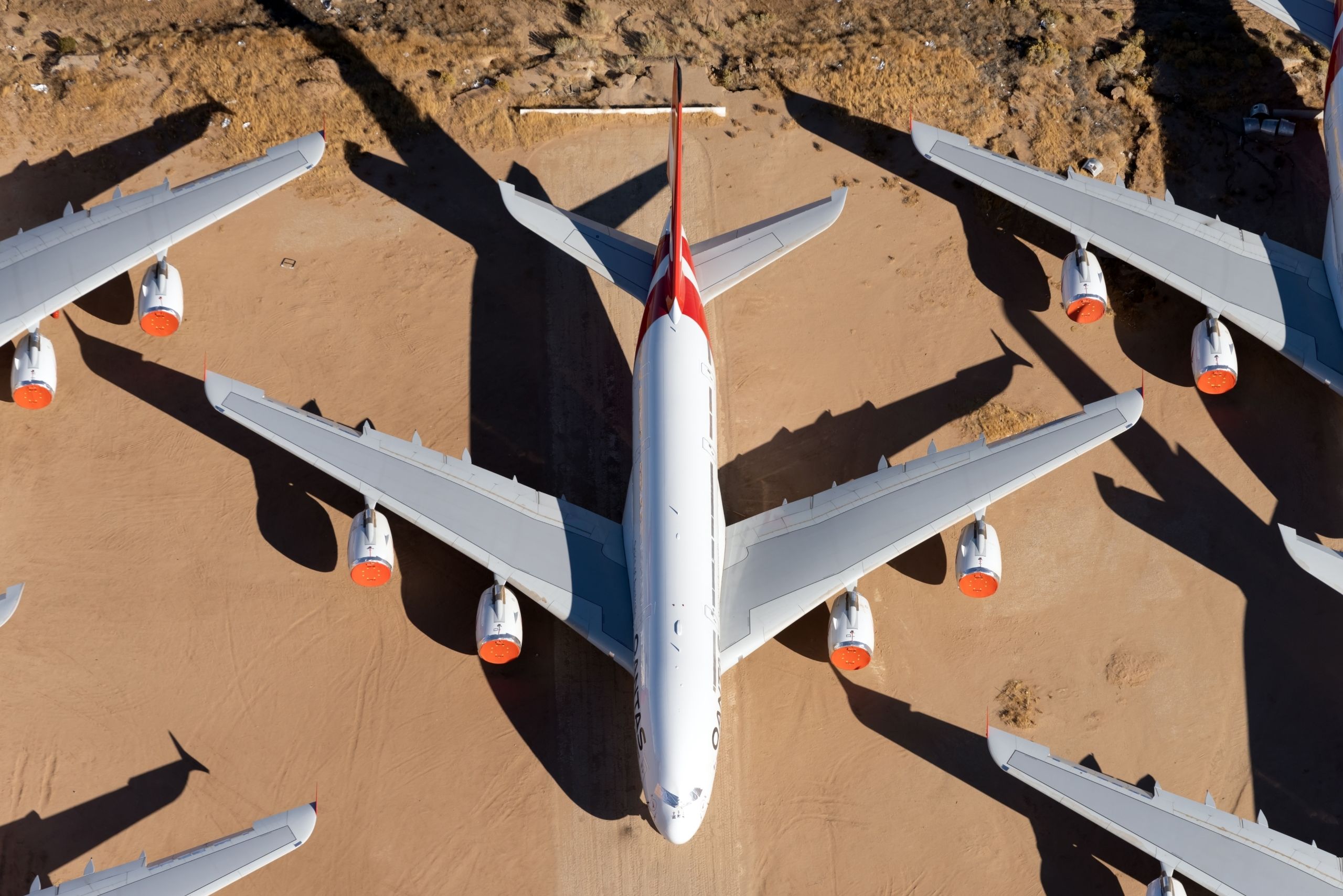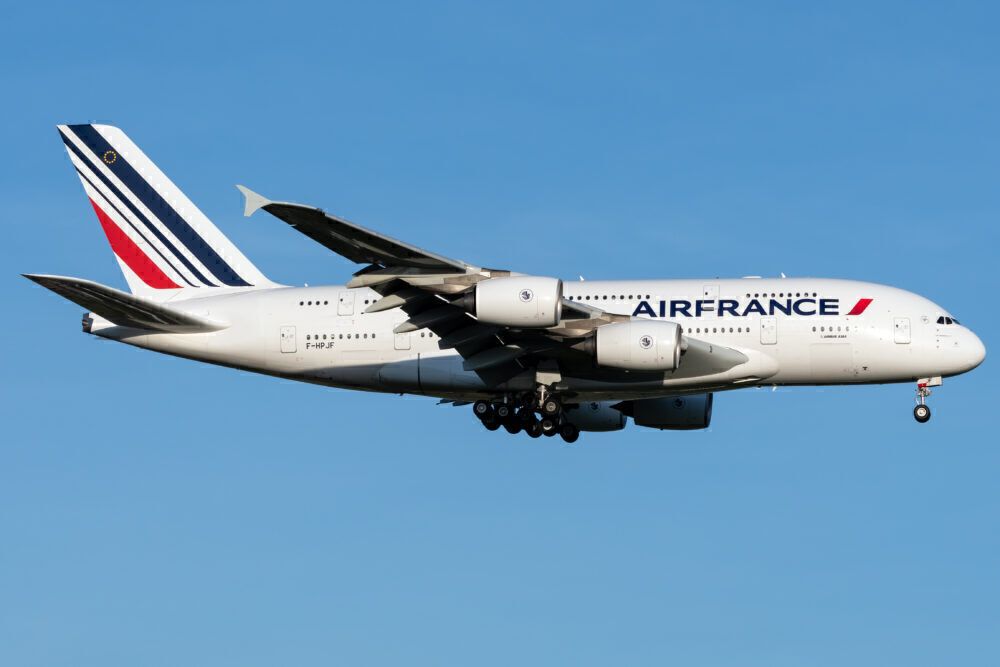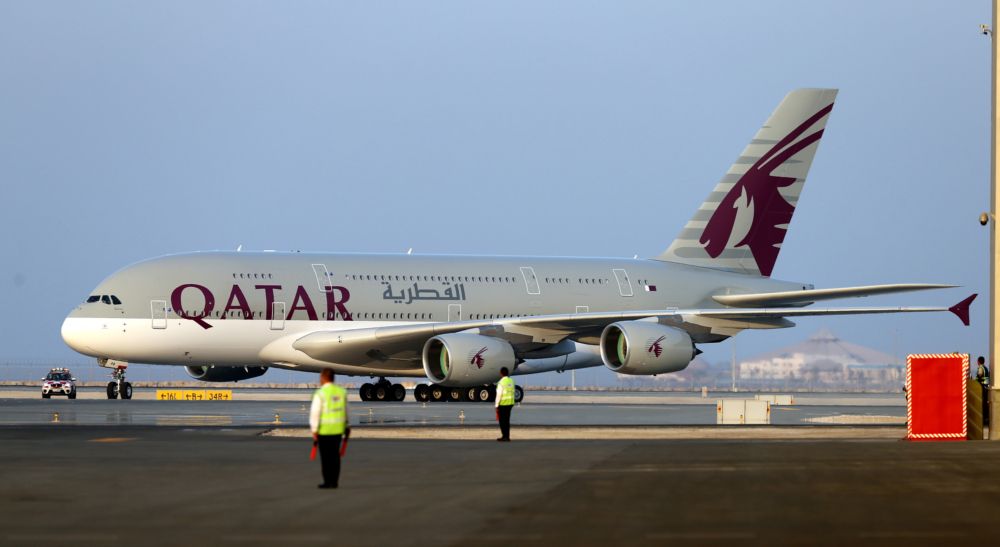At the time of its launch, the colossal Airbus A380 was a beacon of promise and excitement. The double-decker aircraft inspired many with the majesty of its sheer size, but recent developments have seen it fade into relative obscurity after little more than a decade of operations. But why exactly are so many of these 'superjumbos' disappearing from the skies?
No longer viable
The bottom line regarding the decreasing prevalence of the A380 is the fact that the current climate is not suitable for such large aircraft. The onset of the coronavirus pandemic in early 2020 prompted passenger numbers to plummet in an unprecedented fashion.
With considerable uncertainty regarding the prospects of a recovery in the early stages of the health crisis, many carriers saw this as the nail in the coffin for the A380. For example, Air France elected to retire all of its remaining superjumbos last May. That being said, it had intended to withdraw the type by 2022 even before COVID-19 struck.
This reflects another factor in the A380's fall from grace, namely a change in network trends. The superjumbo's high capacity lends itself very nicely to hub-focused models, such as Emirates' Dubai-based operations. However, airlines and passengers are moving towards a point-to-point future with smaller planes, further rendering the A380 obsolete.
Stay informed: Sign up for our daily and weekly aviation news digests.
An expensive mistake
Several key airline executives have come to realize that operating the A380 was something of an expensive mistake. On the one hand, Qatar Airways CEO Akbar Al Baker recently hinted that up to half of the airline's grounded A380s might return. However, speaking in an exclusive webinar interview with Simple Flying, he did also state that:
"It was good when it launched in 2002. But unfortunately, with the rising fuel prices and the mistake in the design, we think it was a big mistake. People who have large numbers of A380s are going to suffer in two ways. One is operating costs. And [ the second way] is that people who are very conscious about emissions will avoid traveling on an A380."
Unable to guarantee high load factors
Abu Dhabi-based UAE flag carrier Etihad Airways is another airline where the A380 has proven too costly to be a viable option. The economics of the aircraft rely on high load factors, which, particularly at the moment, can't be guaranteed. To this extent, its CEO Tony Douglas recently stated in another exclusive Simple Flying webinar interview that:
"Like all other airlines, we’re not a registered charity. We have to be very commercial in all of the undertakings and the decisions that we make."
Etihad removed all references to the A380 from its website in April. It certainly seems that for Etihad, and indeed many other operators, that the European superjumbo is simply no longer commercially sustainable. However, Douglas does also re-iterate that "you never say never in life on just about anything," so perhaps we will just have to wait and see.
What do you make of the A380? Are you sad to have seen it rendered somewhat obsolete by recent developments? Let us know your thoughts in the comments.



